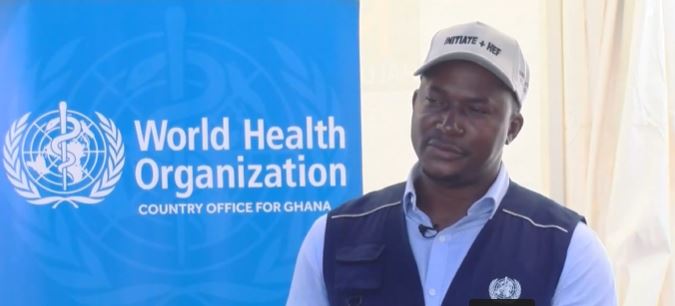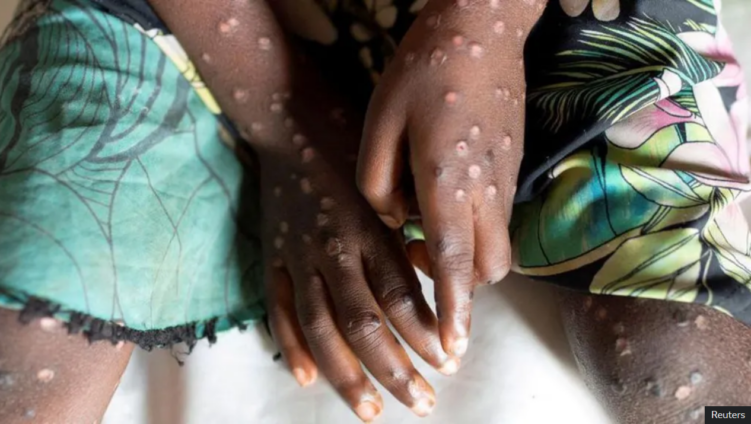The World Health Organization (WHO) is easing fears that Ghana may be at high risk of contracting the deadly Mpox virus.
In August, the United Nations issued a red alert, classifying Mpox as a public health emergency of international concern.
However, some African nations have struggled to implement effective emergency preparedness plans as the virus continues to spread across the continent.
Speaking on JoyNews’ Connect Africa, WHO Africa Risk Assessment Officer, Mory Keita said that while it is impossible to predict exactly when the next pandemic will occur, people must remain prepared.
Keita noted that Mpox serves as an alert for WHO’s regional office and the African continent as a whole to bolster their preparedness.
He stated that although Ghana is managing the health emergency effectively, viruses like Mpox do not respect borders.
“I think Ghana is responding properly to this outbreak as well as other countries. We know that most of the cases are coming from DRC because they have a huge number of cases in the country.
“Mpox is also pandemic in these areas so this means that communities are aware of mpox. So that's why we are supporting the DRC as well as all the countries on the continent," he said.

When asked if countries like Ghana should be concerned about Mpox, Keita said that, given Ghana’s low case numbers, the country’s response capacity is strong.
“Ghana has capacity in place and they are prepared and we know how Ghana responded to the Marburg outbreak," he noted.
"For a disease like Mpox, I think Ghana will respond properly and in a timely manner."
The WHO Africa Risk Assessment Officer emphasised the importance of collaboration among African countries in emergency responses, urging countries to work together to prepare for any health crises.
“Health doesn't know exactly the borders and in most of the communities at the border - it's the same family, the same Community you will find.
”So that means that we need to collaborate from the community level until the national level to make sure we have a strong collaboration while responding to any emergency situation in the continent,” he added.
Latest Stories
-
Trump administration seeks to pull estimated $100m in Harvard funding
7 minutes -
Trump administration halts scheduling of new student visa appointments
39 minutes -
Nana Fredua-Agyeman Jnr. eulogises Nana Kwasi Gyan-Apenteng
43 minutes -
NPP supporters attack JoyNews reporter during Wontumi’s EOCO detention coverage
56 minutes -
Security tightened at EOCO as tension mounts over Wontumi’s arrest
57 minutes -
AG files motion to strike out suspended CJ’s supplementary affidavit
1 hour -
Lamine Yamal signs 6-year extension at Barcelona
1 hour -
NPP supporters attack police pickup trucks at EOCO’s head office
1 hour -
Wontumi’s arrest by EOCO likely linked to suspected money laundering – Kpebu
2 hours -
A/R: Fire destroys several apartments at Bomso
2 hours -
Scores of NPP supporters storm EOCO office over Wontumi’s arrest
2 hours -
Consumer Protection Agency commends FDA for crackdown on dangerous fake diapers
2 hours -
Two jailed 14 years for defilement in disturbing ‘money charm’ case
2 hours -
AI & Automation – The secret weapons transforming customer experience in Ghana
3 hours -
CJ’s removal saga: This is ‘alien to justice’ – Dame criticises ongoing proceedings
3 hours

